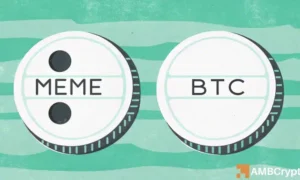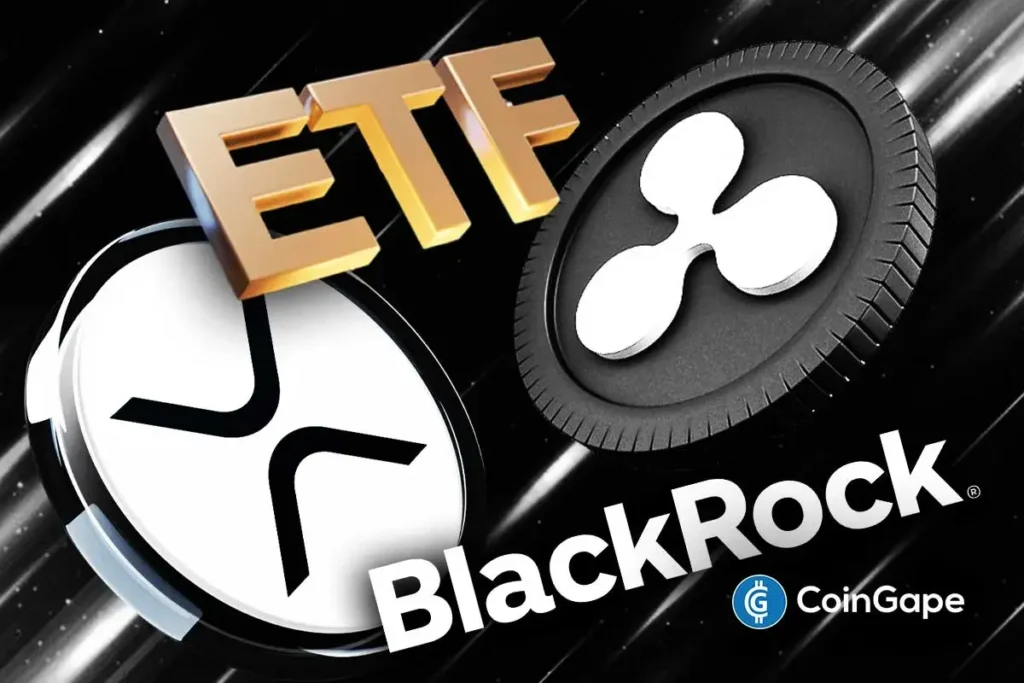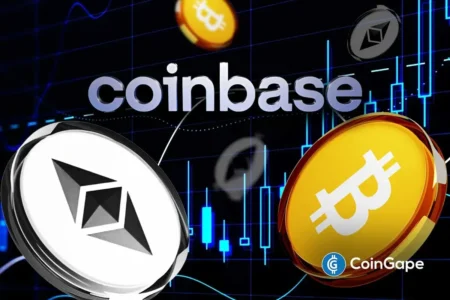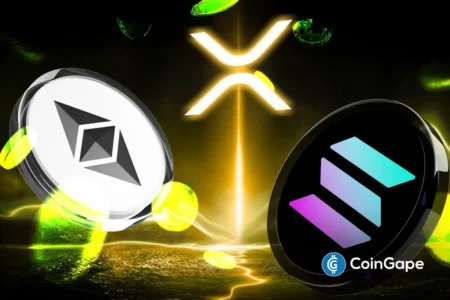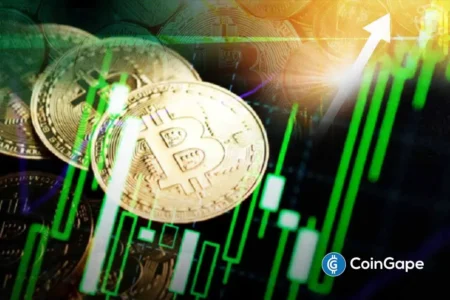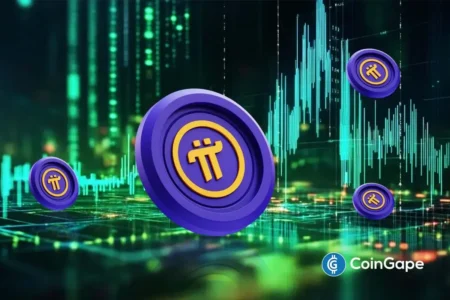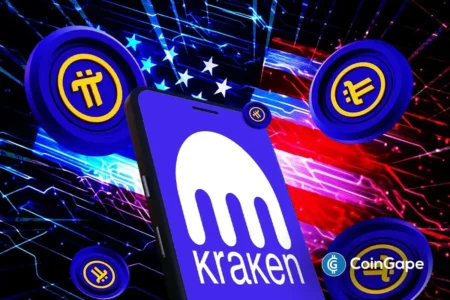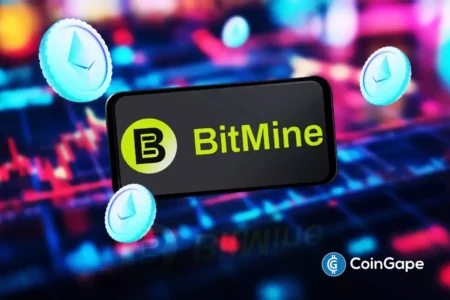BlackRock’s Decision on XRP ETF: Insights and Industry Reactions
BlackRock, a leading asset management firm, has officially announced that it will not pursue an ETF for XRP or Solana, even after the recent legal victory by Ripple against the U.S. Securities and Exchange Commission (SEC). This declaration was made shortly after Ripple settled its three-year-long legal battle, igniting speculation about BlackRock’s intentions in the evolving crypto ETF landscape. With current offerings including Bitcoin and Ethereum ETFs, this decision raises questions about the firm’s strategy and its potential repercussions for the market.
Legal Clarity and BlackRock’s Focus
In the aftermath of the Ripple v. SEC case concluding, many anticipated that BlackRock might seize the opportunity to capitalize on an XRP ETF application. However, the firm’s spokesperson confirmed that there are no current plans for such an offering. The legal clarity surrounding Ripple, which some believed could serve as a green light for new cryptocurrency ETFs, did not alter BlackRock’s strategic course. As industry analysts point out, this narrow focus on just Bitcoin and Ethereum could put BlackRock at a disadvantage, especially as the crypto space continues to expand.
Market Experts Weigh In
Critics like Nate Geraci, president of NovaDius Wealth, labeled BlackRock’s decision as shortsighted, warning that it could be detrimental in the long run. The cryptocurrency ETF sector is a rapidly evolving landscape where various digital assets, including XRP, hold potential for broader institutional investment. Market analyst Eric Balchunas highlighted concerns about BlackRock’s reluctance to consider a diverse range of cryptocurrencies, implying that excluding high-potential assets like XRP could hinder the firm’s competitive edge.
Mixed Reactions from the Community
The response within the cryptocurrency community has been varied. Some analysts believe that BlackRock may not be seeing sufficient client demand for an XRP ETF, especially compared to stronger interest in other assets like Litecoin, particularly in the Asian markets. Despite recent legal affirmations of XRP’s status, concerns regarding market dynamics and profitability for firms launching new ETFs have surfaced. On the other hand, supporters of XRP argue for its significant market presence and longevity.
The Case for XRP and Other Cryptocurrencies
Advocates emphasize XRP’s longstanding presence in the market as a key differentiator. The XRP Ledger (XRPL) has been operational for over a decade, far exceeding the lifespans of newer competitors like Solana and Tron. With XRP maintaining a strong market cap, even amidst regulatory challenges, it makes a compelling case for inclusion in any comprehensive ETF strategy. The discussions surrounding XRP’s resilience and market relevance showcase the asset’s distinct profile within a competitive landscape.
Future of Crypto ETFs
Currently, the SEC is assessing multiple applications for XRP ETFs from other firms, including notable players like ProShares and 21Shares. This suggests that while BlackRock may have opted out for now, the interest in XRP and similar cryptocurrencies among other asset managers persists. The ongoing examination of these applications could potentially reshape the dynamics of crypto ETFs and influence BlackRock’s future decisions.
Conclusion
As BlackRock opts to hold off on embarking on XRP or Solana ETFs, industry experts and crypto enthusiasts are left contemplating the implications for the broader market. The decision reflects strategic caution but raises questions about competitive positioning, especially in a rapidly evolving financial environment. The conversation around XRP, its enduring legacy, and market potential continues as it remains a focal point for crypto investment discussions. Whether BlackRock will reassess its stance remains uncertain, but the unfolding developments in the crypto ETF landscape will undoubtedly shape future narratives within the venture.
By staying informed on these trends, investors may make more strategic decisions in this fast-paced sector, underscoring the importance of engaging with reputable sources and expert opinions in the world of cryptocurrencies.
